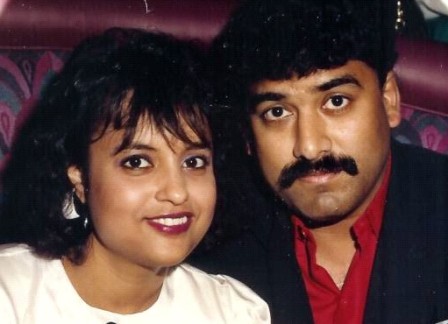
A bench of justices S J Mukhopadhaya and V Gopala Gowda asked the hospital and the three doctors to pay the amount within eight weeks to Kunal Saha, an Ohio-based AIDS researcher.
The National Consumer Dispute Redressal Commission (NCDRC) in 2011 had awarded Rs.1.73 crore to the doctor whose wife Anuradha Saha died in 1998 following faulty treatment administered at the hospital.
Raising the amount of compensation, the apex court also asked the hospital to pay an interest at the rate of six per cent to Saha.
The court said out of the total compensation amount, Dr Balram Prasad and Dr Sukumar Mukherjee will pay Rs.10 lakh each and Dr Baidyanath Halder will have to pay Rs.five lakh to Saha within eight weeks.
The rest of the amount, along with the interest, will be paid by the hospital, the apex court said, adding that a compliance report be filed before it after payment of the compensation amount.
NCDRC had fixed the compensation on a direction by the apex court, which had referred Saha's appeal to it while holding the three doctors and the hospital culpable to civil liability for medical negligence which had led to the death of Anuradha.
Anuradha, herself a child psychologist, had come to her home town Kolkata in March 1998 on a summer vacation. She complained of skin rashes on April 25 and consulted Dr Sukumar Mukherjee, who, without prescribing any medicine, simply asked her to take rest.
As rashes reappeared more aggressively on May 7, 1998, Dr Mukherjee prescribed Depomedrol injection 80 mg twice daily, a step which was later faulted by experts at the apex court.
After administration of the injection, Anuradha's condition deteriorated rapidly following which she had to be admitted at AMRI on May 11 under Dr Mukherjee's supervision.





Comments
Add new comment